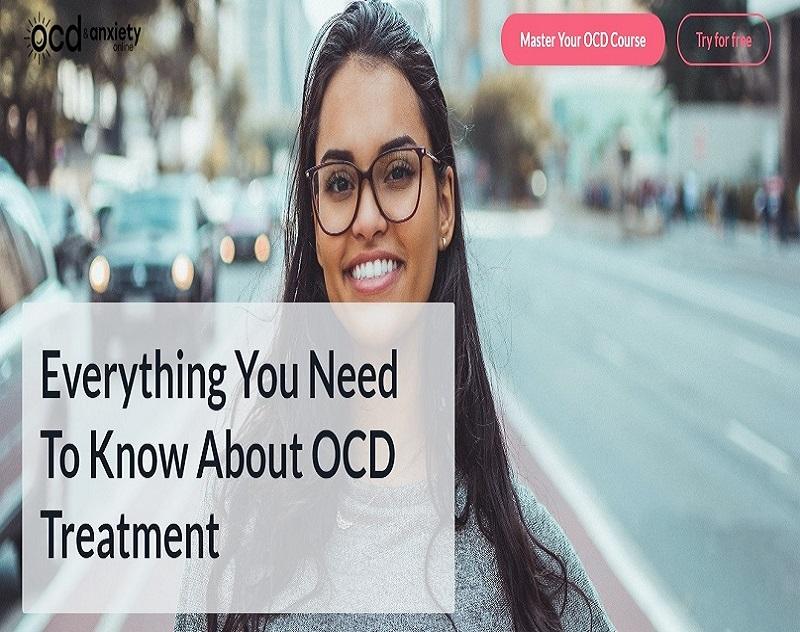Understanding OCD: Self-Help Strategies and Effective Treatments

Obsessive-Compulsive Disorder (OCD) affects millions of people worldwide, disrupting daily life with intrusive thoughts and compulsive behaviors. Fortunately, various self-help strategies and professional treatments are available to help individuals manage and overcome OCD. This article explores the key aspects of OCD workbooks, self-help techniques, OCD treatments, and Exposure and Response Prevention (ERP) therapy.
OCD Workbook : A Valuable Resource
An OCD workbook is a practical tool designed to guide individuals through structured exercises and activities aimed at managing OCD symptoms. These workbooks often include:
- Educational Information: Detailed explanations about OCD, its symptoms, and how it affects daily life.
- Self-Assessment Tools: Questionnaires and checklists to help individuals identify their specific triggers and symptoms.
- Coping Strategies: Techniques to manage anxiety and reduce compulsive behaviors.
- Progress Tracking: Sections to document progress and setbacks, allowing individuals to monitor their improvement over time.
Using an OCD workbook can empower individuals to take control of their condition and work towards recovery at their own pace.
OCD Self-Help Techniques
In addition to using workbooks, several self-help techniques can be effective in managing OCD. These include:
- Mindfulness and Relaxation: Practicing mindfulness meditation and relaxation exercises can help reduce anxiety and improve overall mental health.
- Cognitive Behavioral Techniques: Challenging and changing negative thought patterns can be crucial in reducing the intensity and frequency of OCD symptoms.
- Routine and Structure: Establishing a daily routine can provide a sense of control and stability, reducing the urge to engage in compulsive behaviors.
- Support Networks: Joining support groups, either in person or online, can provide a sense of community and shared understanding, making the journey to recovery less isolating.
OCD Treatment Options
While self-help strategies can be beneficial, professional treatment is often necessary for more severe cases of OCD. Common treatment options include:
- Medication: Selective serotonin reuptake inhibitors (SSRIs) are commonly prescribed to help manage OCD symptoms by balancing brain chemistry.
- Cognitive Behavioral Therapy (CBT): A type of therapy that focuses on changing thought patterns and behaviors to reduce OCD symptoms.
- ERP Therapy: A specialized form of CBT that involves gradual exposure to feared objects or situations and preventing the associated compulsive response.
ERP Therapy : The Gold Standard
Exposure and Response Prevention (ERP) therapy is widely regarded as the most effective treatment for OCD. ERP therapy involves:
- Exposure: Gradually exposing the individual to the thoughts, images, objects, or situations that trigger their anxiety.
- Response Prevention: Helping the individual resist the urge to perform compulsive behaviors in response to their anxiety.
The goal of ERP therapy is to break the cycle of obsession and compulsion, allowing the individual to learn that their anxiety will naturally decrease over time without engaging in compulsive behaviors. ERP therapy can be challenging but has been shown to produce long-lasting results for many individuals with OCD.
OCD can be a debilitating condition, but with the right tools and strategies, individuals can manage and overcome their symptoms. OCD workbooks, self-help techniques, and professional treatments like ERP therapy offer hope and a path to recovery. If you or someone you know is struggling with OCD, consider exploring these options and seeking professional help to start the journey towards a healthier, more fulfilling life.
- Art
- Causes
- Crafts
- Dance
- Drinks
- Film
- Fitness
- Food
- Jogos
- Gardening
- Health
- Início
- Literature
- Music
- Networking
- Outro
- Party
- Religion
- Shopping
- Sports
- Theater
- Wellness


